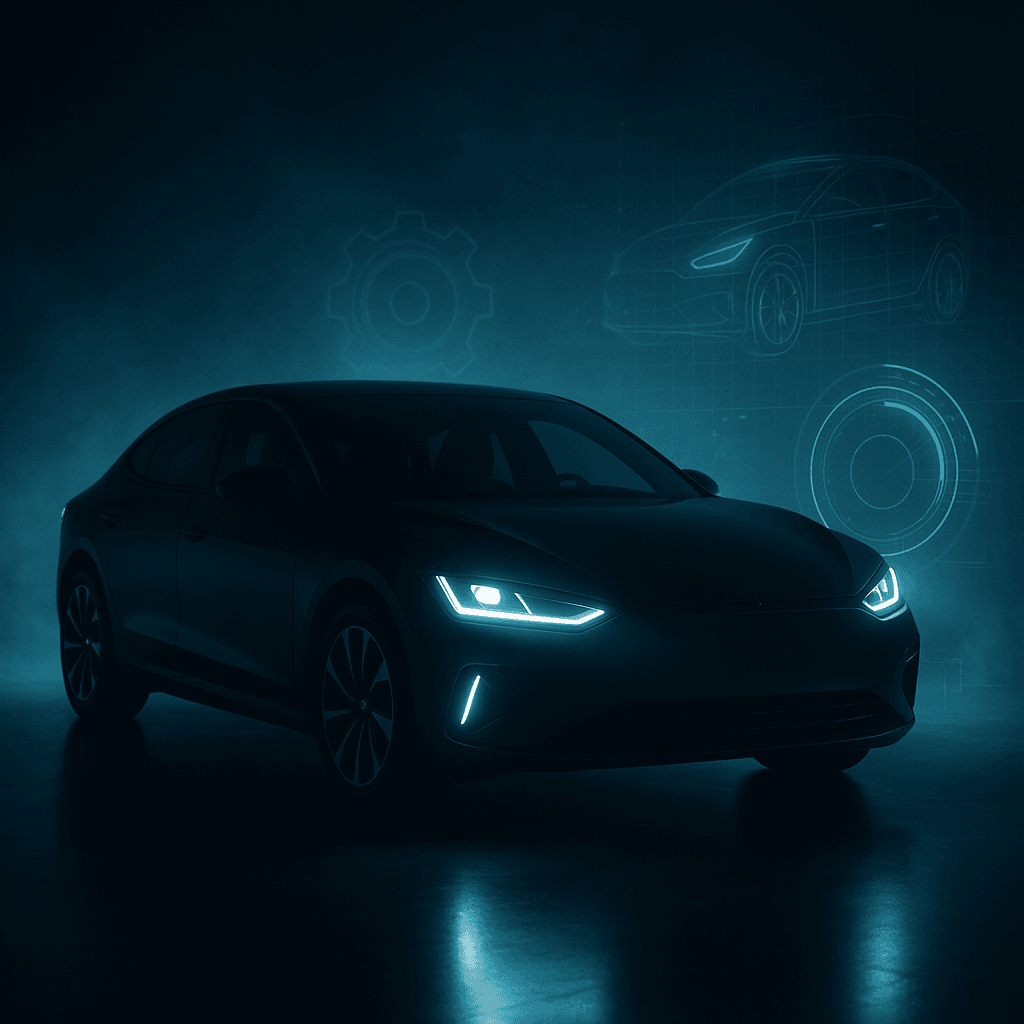Tesla just dropped two cryptic teaser videos on X, sparking intense speculation about what the company plans to unveil Tuesday. The videos - showing a spinning vehicle component and mysterious headlights - have analysts debating whether this is finally the next-generation Roadster that CEO Elon Musk has promised for nearly eight years, or the mass-market model that could revive Tesla's slumping sales momentum.
Tesla just sent the EV world into overdrive with two cryptic teaser videos that have everyone guessing what's coming Tuesday. The first video, posted Sunday, shows a spinning mechanical component that looks suspiciously like internal vehicle hardware, ending with the ominous date "10/7." The second teaser is even more tantalizing - just a pair of headlights emerging from darkness.
The automotive rumor mill is spinning as fast as that mystery component, with two main theories dominating the conversation. Industry observers are split between expecting the long-promised next-generation Roadster or the mass-market model that could make or break Tesla's next growth phase.
That Roadster has become something of a legend in automotive circles. Musk first teased the concept back in November 2017, then hyped it further in June 2018 tweets. Since then, it's been a recurring promise that's tested even the most patient Tesla fans. Just last month, Musk declared on X that "the new Roadster is something special beyond a car" - the kind of grandiose claim that's become his trademark.
But here's where Tesla's track record gets complicated. Musk has a well-documented history of bold promises that either don't materialize or arrive years behind schedule. The Roadster has been "coming soon" for so long that it's become a running joke among automotive journalists.
The mass-market theory might be more compelling from a business perspective. Tesla has been promising a cheaper model this year, though Musk recently confirmed it would essentially be a stripped-down Model Y rather than an entirely new platform. For investors watching Tesla's recent performance, this could be the lifeline the company desperately needs.
The numbers tell a concerning story beneath Tesla's Q3 delivery surge. While the company reported a jump in auto deliveries last quarter, analysts attributed this primarily to customers rushing to beat the expiration of federal tax credits - artificially inflated demand that won't sustain long-term growth.












